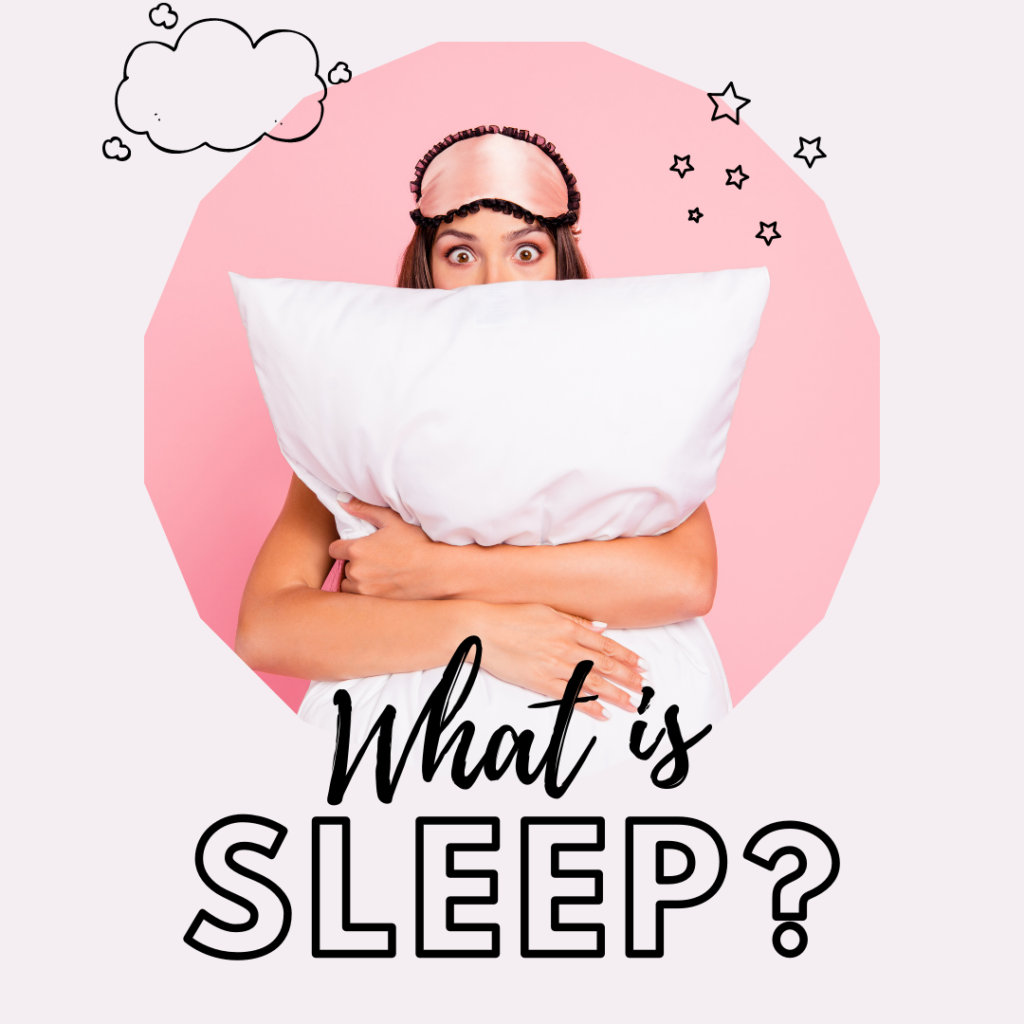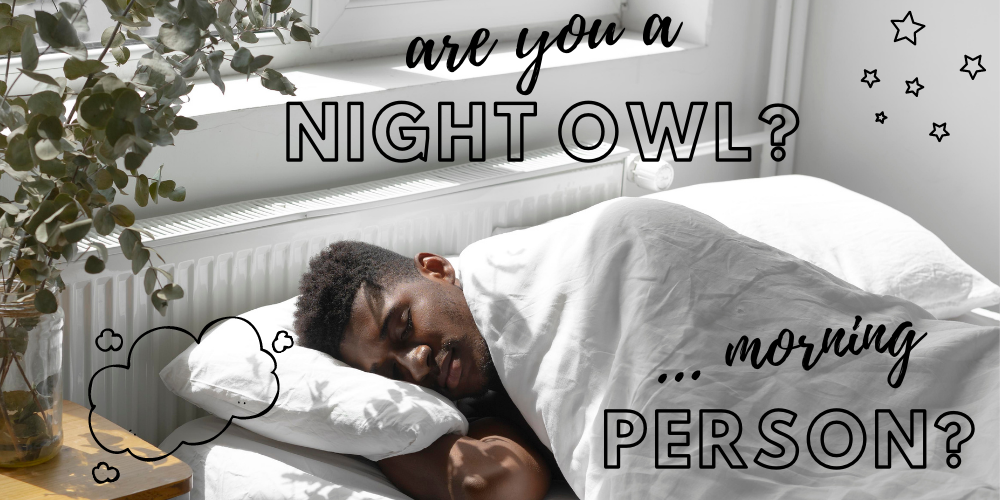Did you know that every living creature on this Earth sleeps? And for good reason: getting high-quality sleep is arguably the most important thing we can do for our overall health. Good sleeps helps us make better food decisions, gives us the motivation and energy to exercise, regulates our emotional state, and reduces the risk of many chronic diseases like heart attacks, mental health disorders, diabetes, obesity, and Alzheimer’s disease to name a few.
Over the next two blog posts, I want to explore 1. What is sleep and 2. Steps to improve our sleep.

The ability to sleep is maintained by two different processes in the body:
- Circadian clock — a specialized region of the brain that tells the brain using hormones and chemicals when it is nighttime and when it is daytime.
- Adenosine — a waste product of energy that builds up throughout the day and makes us feel sleepy.
When we sleep, our brains cycle through various stages of sleep every 90-120 minutes. The ability to cycle through these stages in a predictable pattern 4-5 times per night is referred to as “sleep quality.” Good sleep is dependent on good sleep quality.
The two most important stages are Deep Sleep and REM Sleep. These sleep stages are vital for us to not only wake up feeling refreshed but for improving our memory and reducing risks of many chronic illnesses.
- Deep Sleep occurs mostly during the first half of the night and is important for consolidating memories and clearing out brain toxins that built up during the day
- REM Sleep occurs mostly during the latter half of the night and is important for dreaming and organizing our memories

Lastly, it is true that each of us has our own circadian clock rhythm, called a ‘chronotype’, making us either morning people, night owls, or something in-between. However, most people who claim to be night owls have really just gotten used to a sleep pattern that is not in line with what their body wants.
Our precision medicine program looks at these chronotype genetics, so you can learn exactly how your body wants to function.
 If you want to learn more about sleep, I recommend reading, Matthew Walker’s Why We Sleep. He also hosts a great podcast called, The Matt Walker Podcast.
If you want to learn more about sleep, I recommend reading, Matthew Walker’s Why We Sleep. He also hosts a great podcast called, The Matt Walker Podcast.
Getting good sleep is vital to our health, and chronic sleep deprivation can be devastating. Our society champions people who get by on little sleep but this will never honor our true biology and what we need to thrive.
In Part 2, we will review sleep hygiene, sleeping pills, and sleep therapy.











